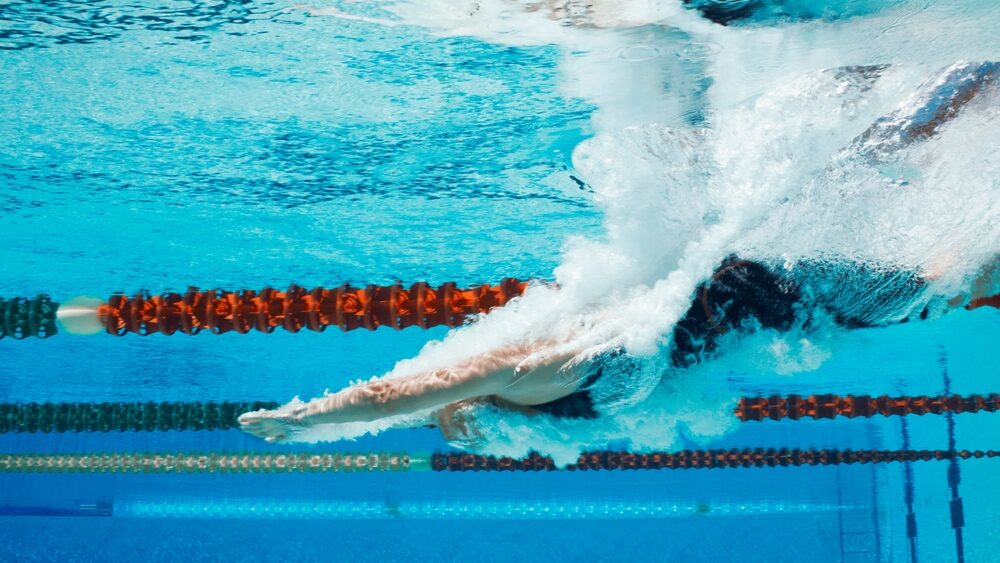However, its influence can extend far beyond the field of play, serving as a vehicle for peacebuilding and the promotion of positive societal values. Through the lens of the Institute for Economics & Peace (IEP) and its Positive Peace research, we can investigate the intricate relationship between sport and peace, exploring how the principles of fair play, respect, and teamwork inherent in sports are reflective of the conditions necessary for a peaceful society.
Research by the Institute for Economics & Peace (IEP) provides a comprehensive analysis of the factors that build, predict, and sustain peace. Positive Peace – defined as the attitudes, institutions and structures that create and sustain peaceful societies – can offer us a unique perspective on the role of sport in helping to create societal resilience, and long-term sustainable peace.
IEP’s Positive Peace research, which seeks to quantify peace and its benefits, underscores the systemic nature of peaceful societies where the same factors that create lasting peace also lead to other positive outcomes such as robust economies, ecological sustainability, and overall well-being. It is within this framework that sport can function as a powerful tool for peacebuilding, transcending cultural, economic, and political barriers to unite individuals and communities.

The Positive Peace Index (PPI), a key component of IEP’s body of research, measures the resilience of 163 countries, covering 99.7% of the world’s population. The PPI is built upon eight Pillars of Positive Peace, which include factors such as the Free Flow of Information, Equitable Distribution of Resources, and Acceptance of the Rights of Others. These Pillars are not only indicative of a society’s peacefulness but also its capacity for progress and development.
Sport, in its essence, aligns with many of these Pillars. Through international competitions and events, sport facilitates the exchange of ideas and encourages a sense of global citizenship. It can also champion inclusivity and equality, breaking down barriers that include race and socioeconomic status.

IEP’s research highlights the transformative power of Positive Peace, drawing parallels with medical science’s shift from pathology to the study of health. Just as understanding what keeps us healthy has revolutionised medicine, focusing on the conditions that create and sustain peace can transform societies. Sport, with its emphasis on fair play, teamwork, and respect, encapsulates these conditions, serving as a microcosm of a peaceful society.
Countries with higher levels of Positive Peace experience more rapid recoveries from crises, such as the COVID-19 pandemic. Sport has played a pivotal role in these recoveries, providing a sense of normalcy and community in times of instability. The resilience of high peace societies is mirrored in the resilience of athletes and sports teams, who often become symbols of hope and unity during recovery periods.
The research also includes a deep dive into systems thinking, which is essential for understanding the multifaceted nature of societies and their development. Sport, as a system, reflects this complexity, with its interconnectedness and ability to influence various aspects of society, from health and education to diplomacy and social cohesion.
As the world grapples with global challenges like climate change, social inequality, instability and conflict, Positive Peace and its systemic approach serves as a reminder of the importance of holistic approaches to problem-solving. Sport, with its capacity to inspire, motivate, and unite, is a vital component of this holistic approach, offering a blueprint for peace that extends far beyond the playing field.